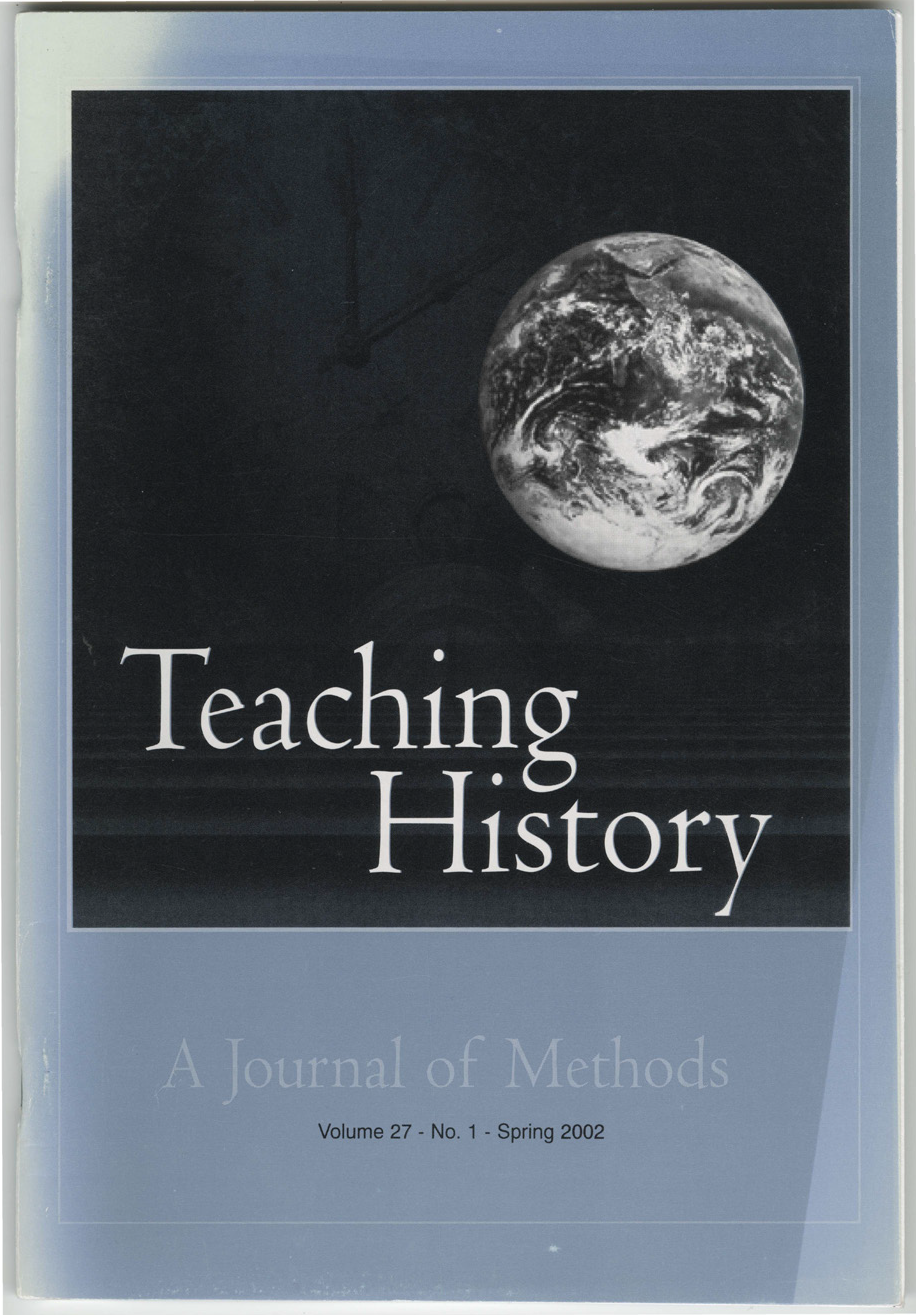Building Higher-Order Historical Thinking Skills In A College Survey Class
DOI:
https://doi.org/10.33043/TH.27.1.22-32Abstract
While over 99 percent of college faculty state that it is their goal to get students to "develop the ability to think clearly," according to a recent survey conducted by the Chronicle of Higher Education, those who teach history are among those most committed to this process. Sixty-two percent of history faculty surveyed in 1990 believed that developing students' "effective thinking abilities," or helping students to "acquire general intellectual skills to use in many situations," is the single most important goal of history classes. Ninety-four percent of history faculty list developing effective thinking abilities as an important goal, the highest of any discipline reported. However, of all the skills that history faculty attempt to develop in students, critical thinking about the past is the most slippery to define and difficult to teach. What steps need to be taken to break students out of their accustomed ways of thinking and to consider points of view other than their own? How do we tell students who are used to history as "names and dates" that in some cases historical questions do not have only one correct answer?1
Downloads
Downloads
Published
How to Cite
Issue
Section
License
Copyright (c) 2002 Russell Olwell

This work is licensed under a Creative Commons Attribution-NonCommercial-NoDerivatives 4.0 International License.
By submitting to Teaching History, the author(s) agree to the terms of the Author Agreement. All authors retain copyrights associated with their article or review contributions. Beginning in 2019, all authors agree to make such contributions available under a Creative Commons Attribution-NonCommercial-NoDerivatives 4.0 International license upon publication.



